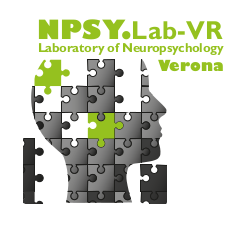Authors
Moro V, Pernigo S, Scandola M, Mainente M, Avesani R, Aglioti SM.
Abstract
Anarchic hand syndrome (AHS) is a rare neurological condition characterized by seemingly purposeful, goal-directed hand movements which the person afflicted by the syndrome is not, however, in control of. By extensively examining a patient with AHS we provide novel neuropsychological and lesion mapping data that shed new light on the possibility of modulating specific symptoms associated with AHS, in particular unilateral apraxia and magnetic apraxia. Moreover, we compared lesion mapping data with an in depth analysis of previous studies in order to explore the neural network responsible for the complex symptomatology associated with this syndrome. We found that non-primarily motor variables (e.g. the nature of the object to be grasped and integration of visuo-spatial feedback in action) play an important role in determining AHS symptomatology. Moreover, we found that lesions involving various different parts of the motor control network (the corpus callosum, the anterior cingulate cortex and the supplementary motor area, the parietal areas and thalamus) are closely linked to partially differing AHS symptoms. The comparison of our data with those reported in previous studies indicate that AHS is a multifaceted and complex syndrome in which the influence of non-primarily motor, emotional and higher-order components may be largely underestimated.
Neuropsychologia
